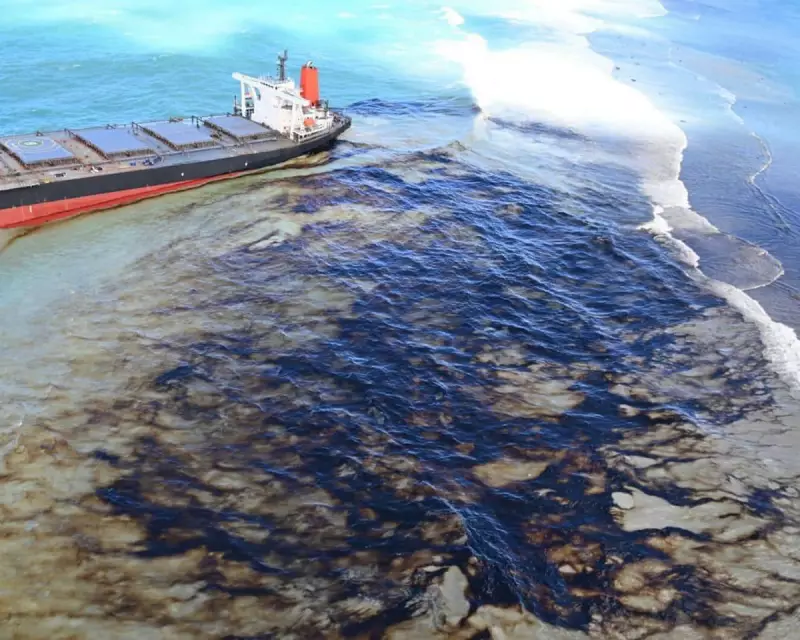
A damning new analysis has uncovered that just 0.5% of 90,000 oil spills were reported over a five-year period, exposing a staggering gap in environmental oversight.
The findings highlight a systemic failure in monitoring and accountability, with the vast majority of spills going unrecorded despite their potential harm to marine ecosystems and coastal communities.
The Scale of the Problem
Researchers identified the spills using satellite imagery, revealing a shocking discrepancy between actual incidents and those officially logged. The unreported spills, often small but cumulatively significant, pose a serious threat to marine life and water quality.
Why Are Spills Going Unreported?
Experts suggest several reasons for the underreporting:
- Lack of detection: Many spills occur in remote areas or are too small to be noticed without advanced technology.
- Weak regulations: Reporting requirements vary widely, and enforcement is often lax.
- Industry negligence: Some companies may avoid reporting to evade fines or reputational damage.
Environmental and Legal Implications
The findings raise urgent questions about the effectiveness of current environmental protections. Without accurate reporting, it is impossible to assess the full impact of oil pollution or hold polluters accountable.
Campaigners are calling for stricter regulations, better monitoring technology, and harsher penalties for non-compliance to prevent further ecological damage.






